Writing Hurts
Writing what an author knows isn’t simple. Writing hurts. (Tweet That!)
Has anyone out there experienced a broken heart? Rejection? Betrayal? Desertion?
How about the death of one so dear you can’t imagine living another day yourself?
Or the burial of all your dreams and plans alongside your child?
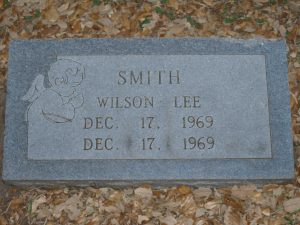 Don’t we long to move from the shock and denial of grief to the ultimate stage of acceptance? Who wants to go back?
Don’t we long to move from the shock and denial of grief to the ultimate stage of acceptance? Who wants to go back?
How does revisiting pain sit with you as either a writer or a reader? Can you watch such memories morph from black and white to Technicolor without flipping off the switch? How does any author set it out there in all its bitterness and leave it for the world to  view?
view?
Writers have a choice when writing. They can revisit innocence, fulfillment, success, love, laughter alone … all the aspects of life that bring us joy and peace … and experience delight again and again and again.
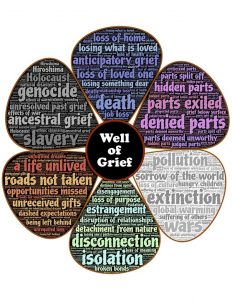 Or they can tackle hard places. For words to touch the depths of readers’ hearts, authors must visit (or revisit) guilt, shame, misery, dissatisfaction, failure, loss, lovelessness, loneliness, depression, grief, and tears.
Or they can tackle hard places. For words to touch the depths of readers’ hearts, authors must visit (or revisit) guilt, shame, misery, dissatisfaction, failure, loss, lovelessness, loneliness, depression, grief, and tears.
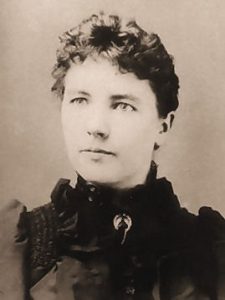
As a writer of historical fiction, I appreciate authors like Laura Ingalls Wilder, who wrote Little House in the Big Woods and the stories that followed, and Catherine Marshall, who penned Christy.
Would the “Little House” stories be remembered today without the struggles involved in homesteading on the prairie? Danger from Indians, illness, death, drought, crop destruction, and the foibles of characters like Nellie Oleson?
What effect would Christy have on readers if Catherine Marshall hadn’t exposed Appalachian poverty, illiteracy,
lack of proper hygiene and medical care, challenges to faith, and the destructive nature of family feuds and revenge?
Such hard realities aren’t easy to consider, dwell on, and communicate. Harder still, the “heart” issues that result: rejection, unworthiness, estrangement, hatred, and grief.
But wrestling in hard places produces richer fare. It shows the depth of  darkness and the desperate need for light. (Tweet That!) It reveals pathways the darkness hid. It brings into focus human frailties and our need for power outside ourselves.
darkness and the desperate need for light. (Tweet That!) It reveals pathways the darkness hid. It brings into focus human frailties and our need for power outside ourselves.
As an author it isn’t easy to write what I know. It hurts. But it’s rewarding. Because it grows me. It forces me to plug into the only Source of Power outside myself, the Light Himself.
 So, writers, we must take heart. It’s worth it. And, readers, thank authors who take you to hard and dark places and then scatter the darkness with the Light, who is Jesus. It isn’t easy. It hurts.
So, writers, we must take heart. It’s worth it. And, readers, thank authors who take you to hard and dark places and then scatter the darkness with the Light, who is Jesus. It isn’t easy. It hurts.
When Jesus spoke again to the people, he said, “I am the light of the world. Whoever follows me will never walk in darkness, but will have the light of life.
*[Public Domain] Laura Ingalls Wilder, circa 1885
Unknown photographer – Public Domain, https://commons.wikimedia.org/w/index.php?curid=2511787
File:Laura Ingalls Wilder cropped sepia2.jpg
Created: circa 1885



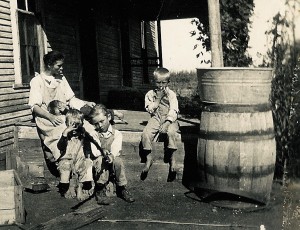
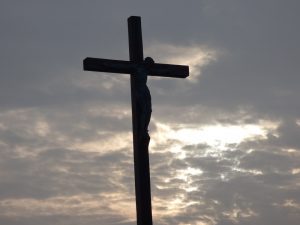
You are so right, Linda! The first book I wrote [Party of One — yet unpublished] was a fictionalization of my life as a widow. Good times made for good stories, but tough times makes them richer.
Because of the dark valley you walked, Clarice, you can write reality into a story and make it richer. Thank you for sharing that with us. I hope you’ll publish it.